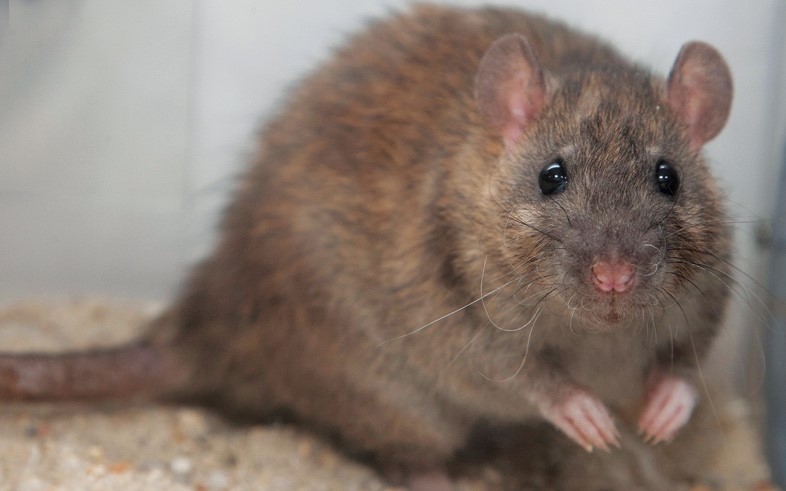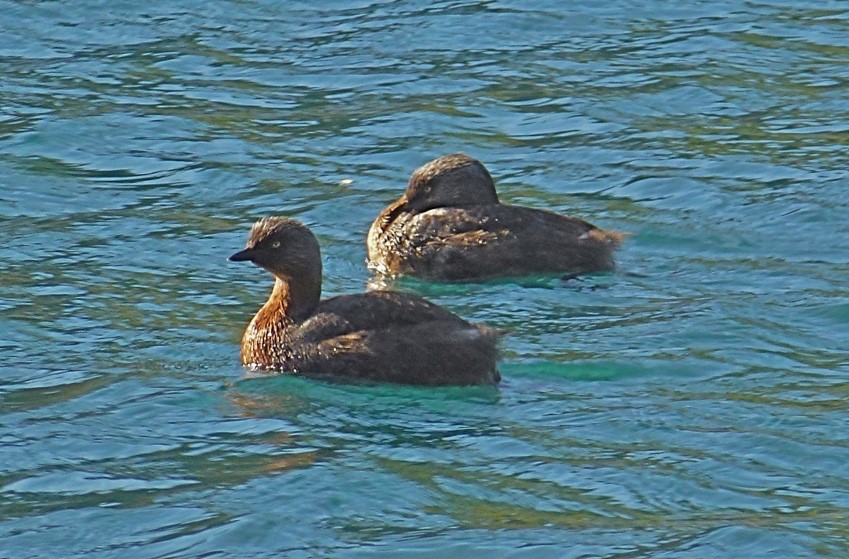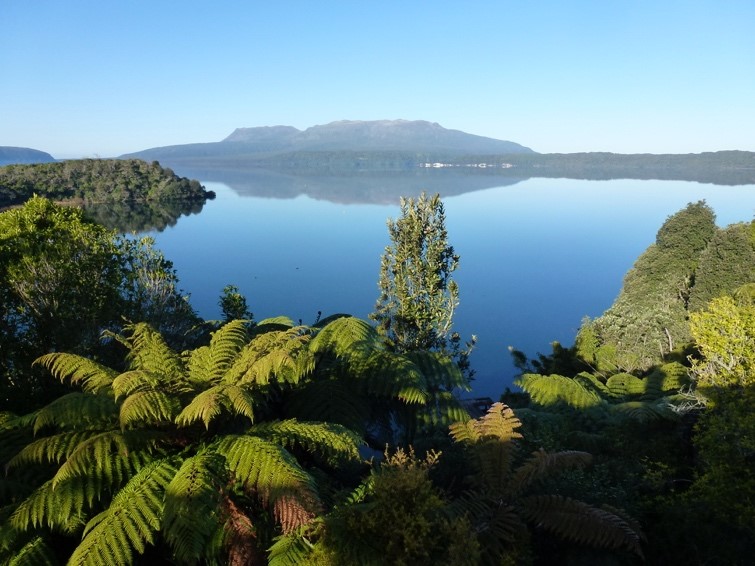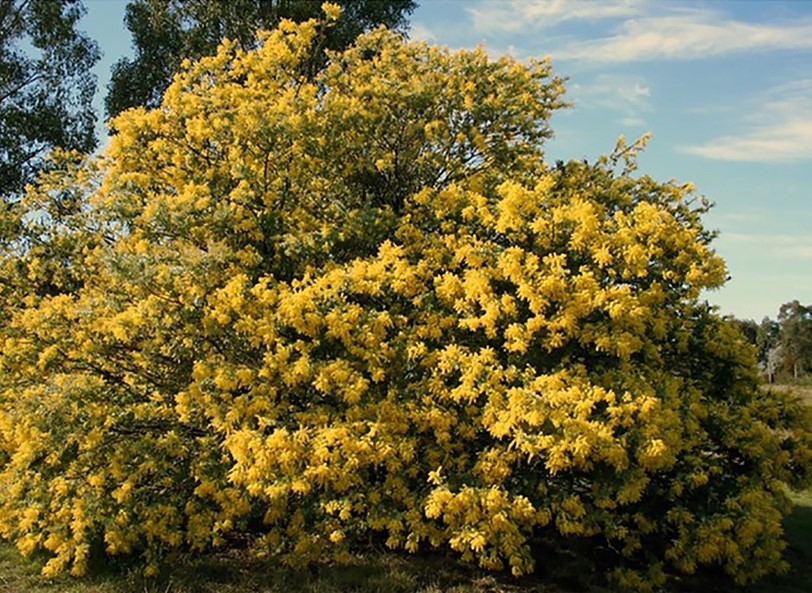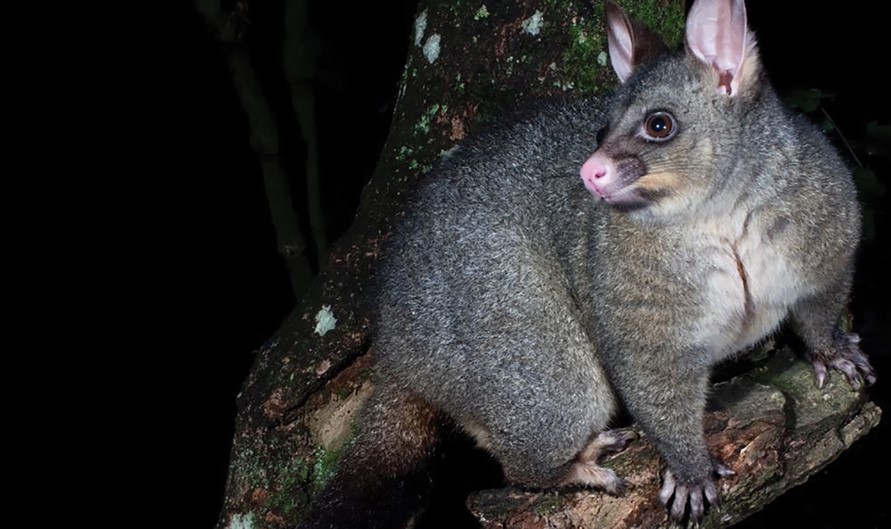CONSERVATION PROJECTS
Totally Tarawera is dedicated to helping support the whenua (land) for future generations.
Conservation is part of Totally Tarawera’s heritage and a cornerstone of our modern-day business. We understand that we are privileged to operate in this spectacular part of New Zealand and we take our responsibility to protect our natural heritage and environment seriously.
To honour our conservation commitments and philosophy we work closely with both the Department of Conservation (DOC) and our local communities. We contribute funds and in-kind support towards projects that support habitats, recovering species and clean up initiatives.
To reduce our environmental footprint, we operate within best practice guidelines. This includes regular internal environmental audits and benchmarking reviews to identify areas for assessment and improvement. Totally Tarawera was awarded Qualmark Enviro Silver status.
Below are just a few highlights of our conservation work:
RAT BAITING – NATIVE BIRD RECOVERY PROGRAMME
For 10 years there has been a rat baiting programme in the housing settlement and at designated locations around Lake Tarawera. There are over 850 stations which are regularly replenished by 50 local volunteers. The Totally Tarawera team is involved in several areas
Lake Tarawera settlement is approximately 16 kilometers from Rotorua city. Spencer Road is approximately 8 kilometers long and is the main access road along the north-western side of Lake Tarawera for the people living here.
On the western side of Spencer Road above the houses are plantations of pine and eucalyptus trees, farmland and pockets of native forest. East of Spencer Road is Lake Tarawera itself and at the northern end of the road is native forest which connects with Lake Okataina.
Over 400 homes are dotted through the well vegetated strip of land between Lake Tarawera and the farmland above, forming a corridor of native vegetation, exotic garden plants, large trees, lawns, wetland and farmland. The different habitats and variety of plants growing there provide food and shelter for birds and other wildlife throughout the year.
Pest control:
Organised pest control targeting rodents began in June 2000 and was carried out by volunteers to reduce a major infestation in the settlement. Regular pest control has continued since in an effort to prevent further infestations, improve the general environment and enhance native birdlife. Pest control involves local ratepayer volunteers checking and topping up bait stations positioned on properties throughout the settlement. The toxic baits used are Ditrac wax block baits, which are secured in bait stations on a vertical wire rod. Ditrac is a rodenticide containing the anticoagulant diphacinone, which is effective at killing rats and mice. The group organises and carries out pest control throughout the year and is sponsored by the Bay of Plenty Regional Council (BOPRC). Totally Tarawera manages 35 rat Bait stations.
Five Minute Bird Counts:
Five Minute Bird Counts (5MBC) surveys are a simple way of monitoring some of the benefits and changes in the environment as a result of regular rodent control. Birds are preyed on by rodents, but they are relatively easy to monitor. We check for changes in their numbers and variety.
Method:
Manned counting points are spaced approximately 200 meters apart along Spencer Road and several side roads where the 5MBCs take place. Birds seen or heard within a 100 metre radius of a count station over a five-minute period are recorded. The time, date and weather conditions (Sun, wind, temperature, rain) are recorded at each count station for each 5MBC carried out. Bird counts are consistently carried out between 9.00am and 1.00pm to avoid both the dawn chorus and the quiet afternoon periods. All counts are conducted in fine, still conditions with no rain. Weekends are avoided due to extra noise, traffic and activity. Totally Tarawera are actively involved in these counts.
Rodent Tracking Pads:
Stations with peanut butter attractant are used to monitor the various types of rodents in the Lake Tarawera area. Ink pads near the attractant leaves foot markings that identify the rodents. This monitoring is done over a 24hr period.
DABCHICKS (WEWEIA) – NATIVE BIRD RECOVERY PROGRAMME
The Dabchick belongs to the grebe family and is an endangered species in New Zealand. A group of dedicated volunteers have been counting them since 2015. Dabchicks are an iconic species in Rotorua. The species is considered extinct in the South Island and fewer than 2000 individuals remain in New Zealand. Most of them are found in the Central North Island, particularly in Rotorua.
The groups surveys Lakes Ngahewa, Okareka, Okaro, Rotorua, Rotoiti and Tarawera 3 times over a 9-day period. Usually nests are anchored to aquatic plants like raupö or sedges or tree branches that trail into the water. Because the nest is attached it doesn’t have much buoyancy, so dabchick nests are very easily swamped by even a small rise in water levels, including boat wash. Eggs are also vulnerable to predation by Norway rats that like to live near water and are good swimmers.
The Department of Conservation and volunteers currently complete bi-annual surveys of dabchick populations with the aim of identifying varying populations.
“One of the main threats to the remaining population is predation by pests such as rats and stoats. These birds spend their lives on the water. Their nests are anchored to the reeds and rushes close to the water’s edge where predators can easily prey on them while they nest” explained Department of Conservation Ranger, Amanda Vallis.
“They are shy birds. We get as close as we can in a boat and count them from afar, so we don’t disturb them,” says David Walmsley from Totally Tarawera
Did you know?
Dabchicks dive up to 4 metres for their food and can hold their breath for around 40 seconds.
Totally Tarawera is involved in dabchick counts and monitoring around Lake Tarawera.
INVASIVE TREE ERADICATION PROGRAMME – ORNAMENTAL CHERRY TRESS
Ohorongo Maori land block occupies 14 hectares of native bush on a western residential area of Lake Tarawera. This whole area has suffered from a long-term invasion of wilding cherry trees that are threatening our native species. The Totally Tarawera team, in association with the Ohorongo Maori Land Trust and Bay of Plenty Regional Council, have set up a 5-year programme to eliminate non-native trees and plants from this Maori land block. The main focus is the poisoning of the over 1000 wilding cherry trees on the property plus the numerous seedlings produced by each tree. Left unchecked these trees would eventually take over the whole property. Once all the larger cherry trees are eradicated, 2000 native trees, including medicinal varieties, will be planted to replace them. This is a long-term project to bring back native plants to the area. Totally Tarawera dedicates many volunteer hours to this project.
DEPARTMENT OF CONSERVATION/REGIONAL COUNCIL ASSISTANCE AND SUPPORT
Totally Tarawera supports the Department of Conservation in many projects around the Lake Tarawera area. Totally Tarawera staff assist Department of Conservation staff in track repairs around Lake Tarawera, cleaning and supplying the toilets along the Tarawera Trail and helping with native tree planting in the area. We often transport Department of Conservation staff in our water taxi. We support a joint Regional Council/ Department of Conservation with local iwi to eradicate invasive acacia (Australian Wattle) trees here at Lake Tarawera. The wattles release nitrogen into the ground, which finds its way into the lake and creates algal blooms that lower water quality. Totally Tarawera sponsors some of this work, as well as transporting workers to the sites.
POSSUM CONTROL
During winter in the tourism low season, the Totally Tarawera team is out possum trapping these introduced animal pests.
The Australian brushtail possum (Trichosurus vulpecula) is a cat-sized marsupial and was introduced to New Zealand in 1837 for the fur trade. In Australia, the possum is protected as a native species, but in New Zealand it has become the country’s most damaging animal pest wreaking havoc on native forests and wildlife.
What’s wrong with possums?
They eat leaves, flowers, leaf buds, fruit, eggs, birds, insects and snails. People used to think that possums ate only plants. But in 1993 possums were filmed eating the eggs and chicks of endangered kōkako. They have since been filmed eating the eggs, chicks and even adults of many other native birds including kererū, kiwi, harrier hawk, fantail, mutton-bird, and tūī. They also eat the nectar and berries that native birds favour, so that there is less food for the birds. Possums eat about 21,000 tonnes of leaves and flowers in just one night. That’s a lot of forest disappearing while you sleep. Possums also eat native weta and giant land snails. One possum can eat 60 giant Powelliphanta snails in a single night. Possums also carry a disease called Bovine Tb (tuberculosis) which they spread to cattle. And they eat pasture, so there is less food for farm animals. The damage done by possums’ costs NZ farmers about $35 million every year. The New Zealand Government spends over $110 million per year on possum control.
OUR MOST POPULAR EXPERIENCES
Find Us
on Maps
We are located in Mariners House, on Tarawera Road, above The Landing Cafe.
It’s around a 15 minute drive from Rotorua Central, past the Redwood Forest and Blue Lake.
Mariners House, Tarawera Road,
Lake Tarawera, Rotorua, New Zealand
Latitiude: -38.20624787242264
Longitude: 176.37411476760258
info@totallytarawera.com
+64 7 362 8080


